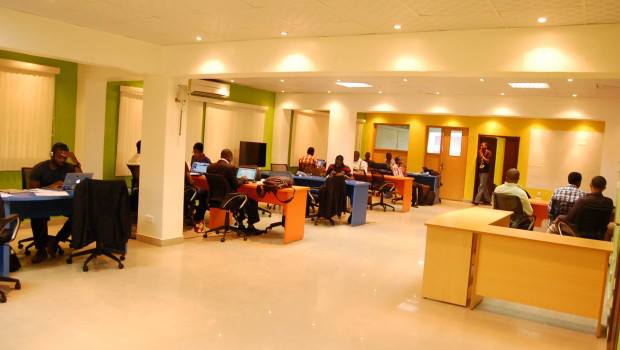Co-Creation Hub, an Africa’s largest innovation hub is launching a $15 million accelerator program, called ‘The Edtech Fellowship Program’
The purpose of the program is to support 72 startups across Nigeria and Kenya in the next three years.
According to a statement by the hub, the program will support and amplify the impact of edtech startups across Africa.
It will also support founders who provide tech solutions that will address the problems facing the educational sector in Africa.
According to a report, the African sub-Saharan region has the most children and youth out of school, with about 98 million children and young people excluded from education.
The quality of education at all levels, from K–12 to university, is appalling, even for those who are enrolled in classes.
For instance, students studying computer science in the majority of Nigerian colleges are instructed in antiquated programming languages that have no practical use today. Inadequate financing, school walkouts, and brain drain are further issues.
Smartphone usage reached 64% in 2021, while mobile phone customers made up 46% of the population of Sub-Saharan Africa, according to GSMA Intelligence’s research. Throughout time, mobile and internet penetration as well as smartphone access, have improved.
This has made it possible for several edtech startups to create digital platforms that have, in some way, improved learning and employment possibilities for thousands of Africans.
Tencent-backed uLesson, YC-backed Kidato, and LocalGlobe-backed Foondamate are offering learning programs, while Andela, GOMYCODE, Altschool Africa and others match skilled tech professionals and students with local and foreign employers. These are some of the edtech platforms bridging the gap in Nigeria and Kenya.
Although these platforms have had some success, they haven’t made a significant impact on the billion-dollar edtech business in Africa.
For that to occur, more edtech solutions must be developed and supported.
The co-founder and CEO of CcHUB, Bosun Tijani, has two hypotheses about why edtech isn’t taking off in Africa and why its startups are having trouble raising money.
One is that, contrary to what a casual tech watcher might believe, the edtech industry is heavily controlled.
The other is that startups and governmental or academic institutions rarely communicate with one another.
“If we invest intentionally in a very structured edtech inclusive ecosystem of government, teachers, investors, foundations, and even in some cases, the students and their parents, we believe that we can begin to gain a better understanding of how to use technology to improve learning in schools,” Tijani said in an interview with TechCrunch.
“It is important that when we build a program that not only finds the smartest people in the startup ecosystem but also connects the startup ecosystem with government authorities, public sectors, schools, and academic institutions so that we can ensure that there’s a clear understanding of how to scale education solutions in the space.”
Two of the largest edtech markets on the continent, Nigeria and Kenya, are the focus of the fellowship program.
The majority of the more than 300 businesses in both industries are rote learning-focused tutorial applications and platforms.
According to Tijani, the accelerator program would strive to provide funding for unconventional solutions.

